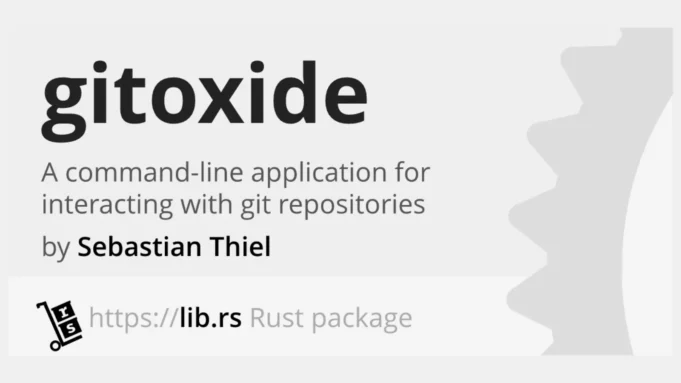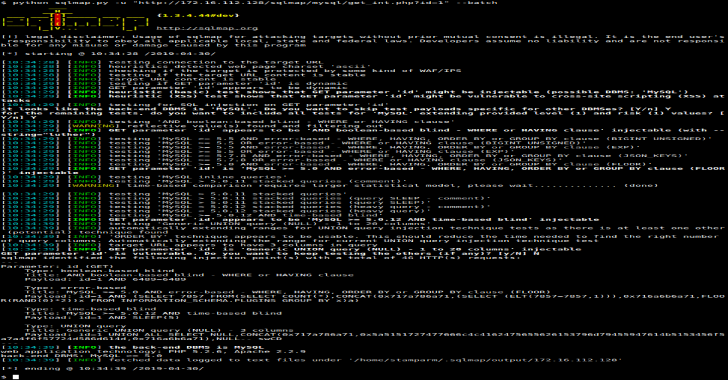Gitoxide is a modern, pure-Rust implementation of Git, designed to offer a future-proof, high-performance alternative to traditional Git tools.
Its primary goal is to provide developers with a robust, efficient, and user-friendly experience while maintaining compatibility with Git’s on-disk format. Below, we explore its key functions and features.
Core Features And Tools
Gitoxide provides two main command-line tools:
gix: A low-level tool for specialized use cases and testing new features in real-world scenarios.ein: A high-level tool optimized for everyday Git operations, offering a user-friendly interface.
These tools support essential Git operations such as cloning, fetching, committing, merging, and managing repositories. They aim to simplify workflows while ensuring correctness and performance.
High-Level Features
Gitoxide supports a wide range of features:
- Repository Management: Initialize repositories, manage remotes, and push changes.
- Version Control Operations: Clone repositories (bare or with working trees), fetch updates, create commits, and rebase branches.
- Advanced Git Functions: Perform blob-diff, blame analysis, merge commits, handle
.gitignoreand.gitattributes, and manage refs and objects. - Worktree Operations: Stream worktree data or perform checkouts efficiently.
Gitoxide is modular, with a collection of crates that provide low-level functionality. The main entry point is the gix crate, which integrates with other specialized crates like gix-config, gix-object, and gix-pack. These crates enable developers to build custom applications or extend Git functionality.
Gitoxide leverages Rust’s type system for safety and performance. It uses parallelism for faster operations and ensures on-disk consistency by preventing interference between concurrent reads and writes.
Developers can install Gitoxide via:
- Prebuilt Binaries: Available for Linux, macOS, and Windows.
- Rust’s Cargo Tool: Build from source using
cargo install gitoxide.
Gitoxide aspires to become the go-to alternative to tools like GitPython or libgit2. It aims to support distributed workflows while providing an intuitive CLI for basic tasks like initializing repositories, fetching updates, or creating commits.
In summary, Gitoxide combines the power of Rust with Git’s functionality to deliver a fast, reliable, and developer-friendly experience.
Whether you’re managing repositories or building custom applications around Git workflows, Gitoxide offers a compelling solution for modern development needs.












.jpg)



.webp)
